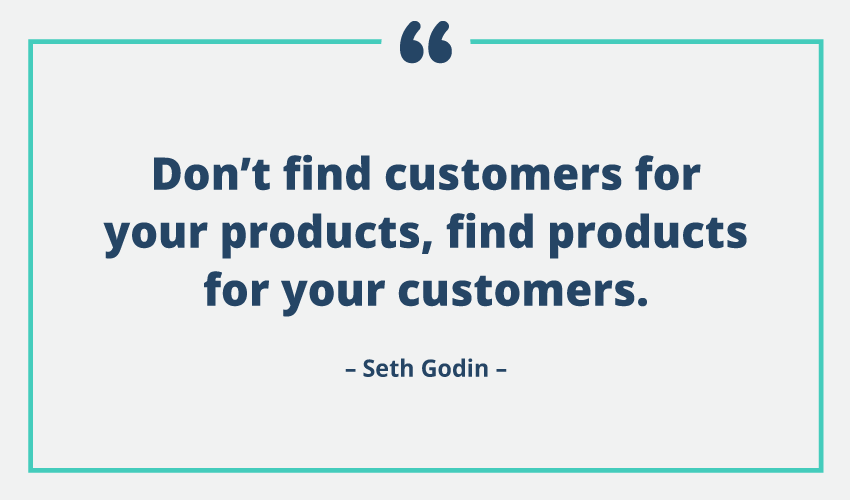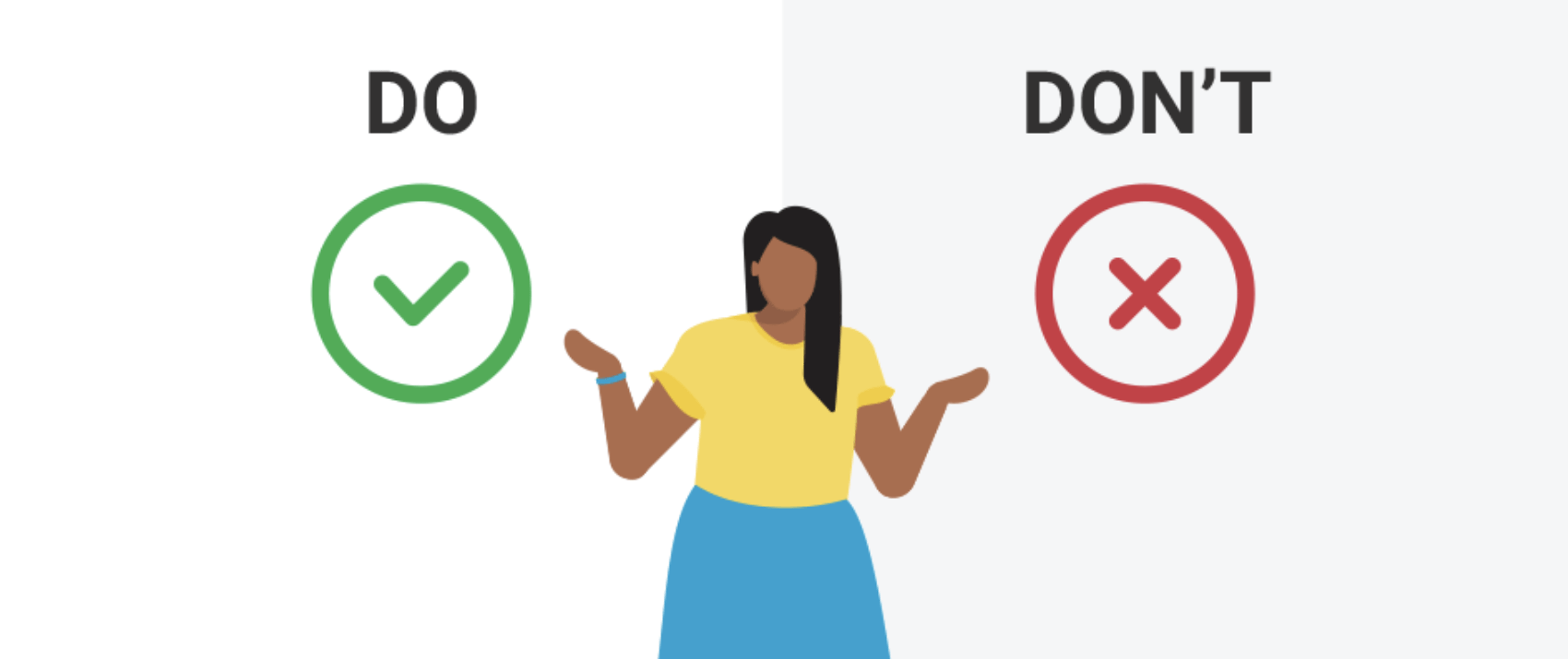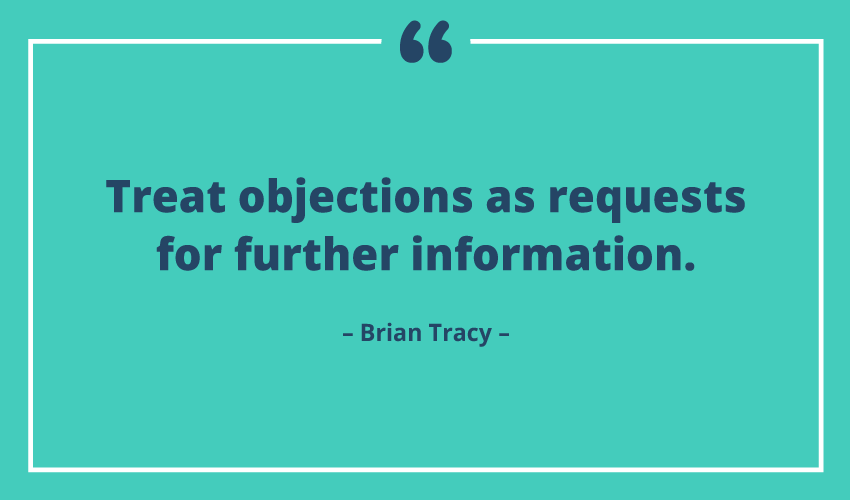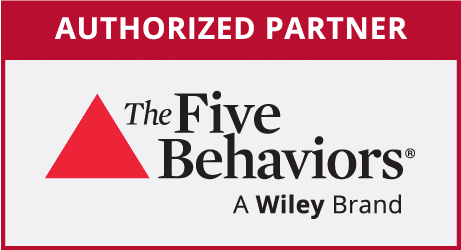
Overcoming DiSC Sales Objection
Sales objections are the reasons why your prospects can’t or won’t buy your service. Some prospects will tell you they don’t need your service. Others will think they don’t trust your company. Maybe they don’t have room for your service in their budget.
Prospects don’t come around easily so you can’t afford to give up on a potential sale so quickly.
It’s your job to reframe the perspective of your potential customer.
What is great about any objection is that it gives you a critical insight into the exact pain point you need to overcome. In addition, the objection often reveals something about the person’s DiSC style. The nature of their objection and how it’s communicated contains important information, helping you to tailor your response accordingly.
There are almost always ways to address your prospect’s concerns if you approach the objection in the right way.
We will bring you just a few of the most common objections that you might come across while selling your DiSC-based services.
Need
If the prospect thinks they don’t need your service or this product, you should try to reframe the conversation and change their perspective if you still think you can add value for them. DiSC profiles have very wide application opportunities, so it can add value to many different programs and create a much more personalized training experience no matter the topic.
You will definitely come across a situation where a prospect tells you “I’ve already done DiSC, what else do you have?”. It’s important to explain that DiSC is not just one profile as there are many different DiSC tools and applications.
Or you can always ask back “But how are you using DiSC and the knowledge that you got from your last experience?”. Most with already some prior experience with DiSC would greatly benefit from a follow-up DiSC-based training to refresh and deepen the knowledge, and most of all – rehearse their behavioral adaptation.
Price
The budget doesn’t have to be a deal-breaker.
If the prospect says “It is too expensive” then you should talk about the added value DiSC profiles could offer their business. It’s about convincing the prospect not to see it as a cost, but rather as an investment in their people.
You could point at the reasons why to believe in DiSC – the foundation of research, transformational learning and global trust and scale of it (2 million learners every year experience DiSC). Also, it’s always great to refer to existing customers who have benefited from DiSC.
If the prospect says, “I can find a cheaper alternative” you could ask: “If price were not an issue on this, is this solution something you would move forward with today?” It’s important to remind that cheaper in most cases does not mean better, so ask the prospect if they have considered if the alternative solution is:
- A) researched, validated and normed in your local culture?
- B) a diagnostics tool (a lot of beautiful numbers with little impact and help in long term) or a development tool (focused on developing people and helping them to implement this knowledge in their workplaces)?
- C) a one-time assessment tool or a true catalyst for cultural transformation?
Time
This objection will test your sales skills, especially on the phone. Your relationship management and conversational prowess is vital.
- If the prospect says, “I’m not interested now, but maybe next year” then you could ask “What will change by next year?”.
- If the prospect says, “I need to think about it” or “I need more time” you could ask back “What is your specific concern about making this decision?” and “What’s stopping this from moving forward?”. Maybe there is something more you could do (materials to send or joining the meeting with decision-makers).
Competition
If the prospect says, “I’m already using [competitor tool]”, the good news is it means they have a need for such solutions. Now it’s your job to prove your service is a better option.
You could reply with “I’m glad you’re already working with a provider-because I’m confident we can help you with [goal 1] and [goal 2] even more than your current provider. Why did you choose their service? What is working well? What isn’t?
When the prospect is reluctant to switch, you need to show them the benefits and highlight what that means for their business.
Trust
If you’re a new company and the prospect thinks, “Your company is much smaller than [competitor]/I’ve never heard of your company”, make sure you have some testimonials ready. Buyers want to see a solid track record. Your passion for the service and helping the client is just as important.
You could answer: “We’re a [type of company] that helps [target audience] do [outcome], and DiSC so far helped [customer 1], [customer 2], and [customer 3] exceed their [another outcome].”
Overcoming sales objections isn’t impossible. In fact, sales objections open up doors to understanding your prospect more and the more you learn about a prospect, the easier it is for you to build trust and show them that your service is there to help them.
Of course, preparing for sales objections does not replace what is central to selling – one’s true enthusiasm and a thorough understanding of the solution, but it does provide a definite advantage in sales.
What kind of DiSC sales objections have you faced? How did you overcome them?

Source: text is based on Overcoming objections in sales by Pipedrive.
You might also be interested in







